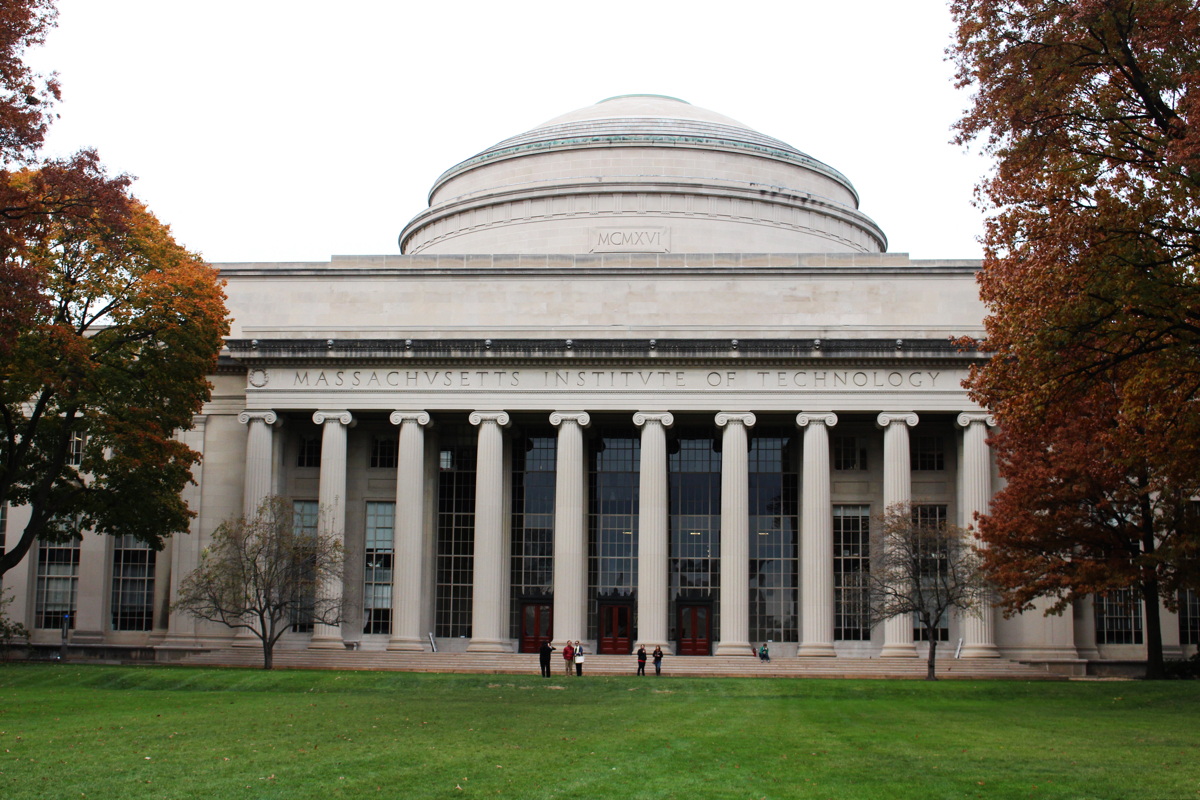MIT Researchers May Be Able to Change the Emotion of a Memory

Photo by Margaret Burdge
MIT researchers are closer to understanding how social memories are stored, and determining how to re-code those memories. Eventually, those findings may be applicable to autism research and therapy.
The study involved manipulating a certain neuron in a mouse’s brain, found in the ventral hippocampus CA1 region. (Quick refresher: Your hippocampus is near your brain stem, and helps with regulating emotions and maintaining memories.) That neuron stores the who, what, where, and when of social interaction—that your friend’s favorite color is pink, for example, or that you met her at a certain restaurant.
Using optogenetics, which involves using light to control cells, the researchers found that they could manipulate the specific neuron that stores memories about one individual. After allowing a test mouse to socialize with another mouse, the researchers accessed and turned off that neuron, so the test mouse wouldn’t remember socializing. Generally, mice like to interact with mice that are new to them, and after the neuron was manipulated, the test mouse behaved as if the now-familiar mouse was a stranger.
In addition to adjusting memory recall, the researchers found they could infuse the memory with a specific emotion, something they call “memory inception.”
“In a mouse’s brain, that neuron’s information can be associated with the emotion of fear,” explains Teruhiro Okuyama, a postdoctoral fellow at MIT and the lead author of study. The researchers tested that effect by activating a mouse’s memory of one of its companions, then introducing something to instill fear in the test mouse. “After the association, that [test] mouse avoided the specific mouse, which means [the test mouse] hated that specific mouse,” Okuyama says.
The team also experimented with coding a memory for anger or happiness, even introducing mice to cocaine to stimulate joy. Essentially, they found a way to control a mouse’s feelings toward other mice, and to manipulate the emotions and memories associated with each mouse.
Next, Okuyama says, the team hopes to improve socialization in mice with autism-related genes—a finding that could someday help humans who have autism.
Those with autism often have an impaired social memory and a difficult time socializing, two traits Okuyama says are like the chicken and the egg—you can’t have one without the other. If the findings from this study could be applied to mice with autism-related genes, Okuyama says, researchers may be that much closer to improving socialization in humans with the condition.


